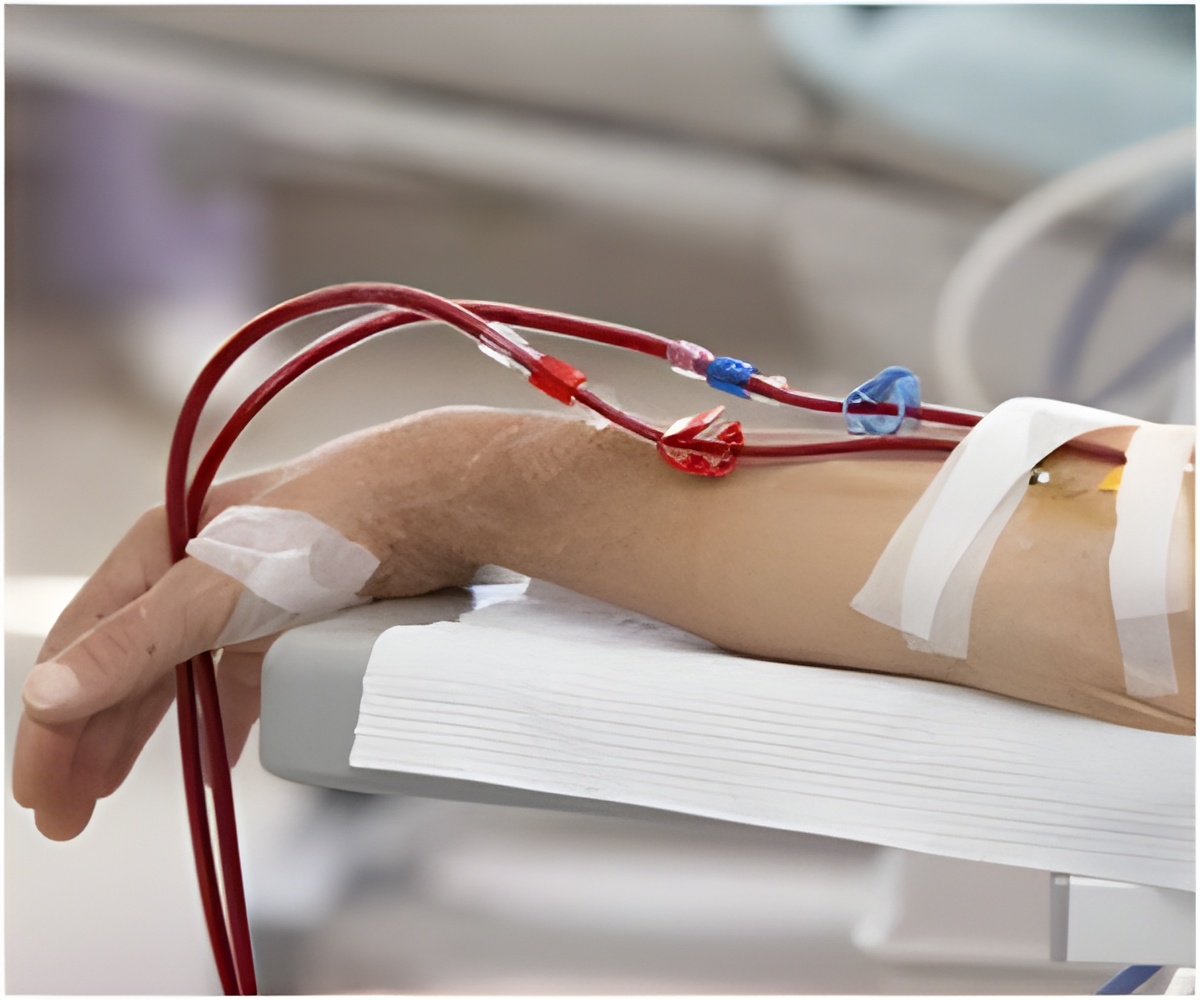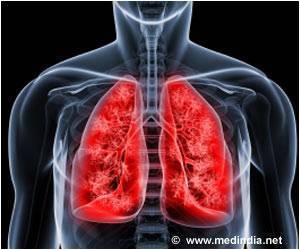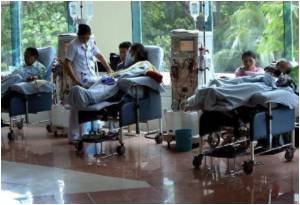Loyola University Medical Center is offering a treatment called LDL apheresis, which is similar to kidney dialysis.

Once every two weeks, a patient spends two to four hours connected to an apheresis unit that removes 70-to-80 percent of the patient's LDL (bad) cholesterol, then returns the blood to the body. The good HDL cholesterol is not removed.
Loyola is among a handful of centers in the Midwest - and the only academic medical center in Chicago -- to offer LDL apheresis.
The Loyola LDL Apheresis Program include patients with coronary heart disease who have LDL cholesterol greater than 200 mg/dL, and patients without coronary artery disease who have LDL levels greater than 300 mg/dL.
About 1 in 500 people have genetic abnormalities that cause LDL cholesterol levels three to five times as high as normal levels. The condition, called familial hypercholesterolemia, causes heart disease at a young age.
Fran Tobias, 56, who lives in Glen Ellyn, is successfully controlling her LDL by coming for apheresis treatments at Loyola every two weeks.
"This is literally a lifesaver for me. If I were to stop, I probably would have another heart attack within 18 months to two years," Tobias said.
The program is directed by Binh An P. Phan, MD, and Phillip J. DeChristopher, MD, PhD. Phan is director of Loyola's Preventive Cardiology Program and DeChristopher is director of Transfusion Medicine and the Apheresis Center.
"The aim of the Loyola LDL Apheresis Program is to provide a multidisciplinary specialized service for the comprehensive evaluation and treatment of patients who require LDL apheresis," Phan said.
Source-ANI
 MEDINDIA
MEDINDIA



 Email
Email










